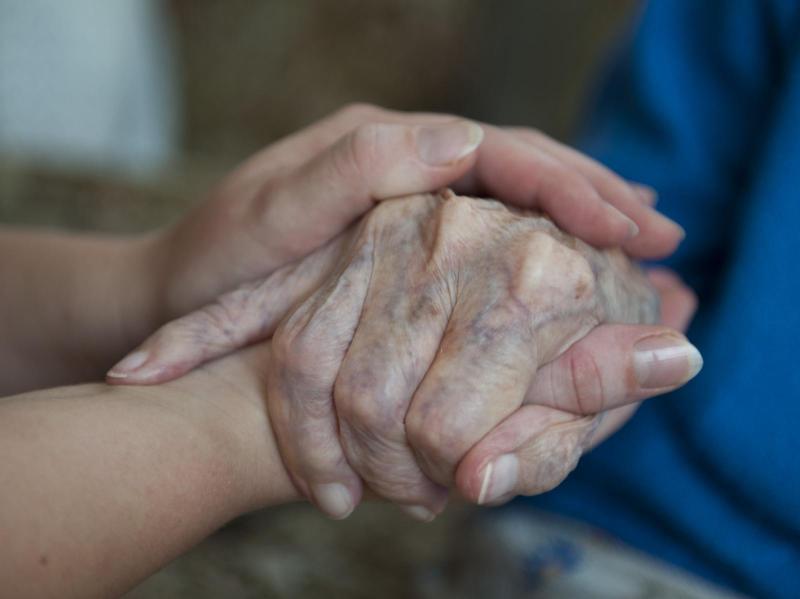Written by Deacon Roger Carr-Jones
Marriage & Family Life Coordinator
Dear Couples,
What has been our experience as a married couple of the last 14 weeks, living through a time like no other with no set boundaries, different pressures and an underlying sense of general uncertainty?
In different ways we may have already been reviewing the past few weeks and in practical terms thinking of the future. Are we willing to do the same with our relationship, or does that feel too close to home? What needs doing and how we feel are very different things.
Married love is made up of different events, emotions and encounters that change and shape the narrative. Sometimes, though, when challenges and threats enter the conversation, we need to be willing to find help and support. Whilst we know this in theory, we can often avoid it in practice.
In other aspects of life where we have a problem, we normally seek a solution, or cure. If our teeth hurt, we find a dentist and endure the discomfort in order to regain our equilibrium. If we feel unwell then we would seek out the doctor and hope that the cure comes quickly. If we are unhappy at work then we would discuss the situation with a colleague and manager so that it is quickly resolved. All these examples make perfect sense and in different ways we can identify with them. Indeed, we would be unlikely in all these situations, unless fear crept in, to seek a quick resolution.
Yet, if we were to turn our gaze to the subject of marriage, how often would we prefer to ensure a situation that is harmful to our well-being as a couple than we would be to seek out the healing and support we need? Perhaps this is a natural response as marriage is a place where we share with another our inner needs, thoughts and desires. We reveal our inner life to another in a way that is not comparable outside of the bond of marriage. In marriage we make a commitment, which changes the nature of the narrative.
Alas, when discord and division creep into our relationship the nature of the hurt can grow at a deep and very intimate level. This growing gulf may never have been intended and yet we find that once where we always knew the right words to share, the language we use now seems discordant and jarring. As with other aspects of life we know that Christ is with us and yet when we most need him, we can find ourselves placing him on the shelf, out of harm’s way, whilst we flounder with the issues.
Just as we lose sight of Christ at the critical moment (he does not lose sight of us), we also lose sight of each other and the love that should bind us. Without intervention, support and love that gulf can either leave us as strangers in the same house, or our marriage suddenly flounders on the rocks and is sinking. At this point fear, anger, dismay, betrayal and despondency can gain the ascendance. The future begins to look bleak and we seek the opportunity for flight, either physically or emotionally. Disagreements in marriage are perfectly normal as we learn to grow together: it is how we address these that will determine the forward marriage.
If your marriage preparation was good then you might be able to reconnect to some of the tools recommended to sustain a healthy relationship: prayer life, forgiveness, reconciliation and open talking. Marriage Care promote the Speaker-Listener technique, which provides a style of talking that enables a couple to talk safely without the fear of conflict, frustration, or rejection. In this model being heard and understood comes well before mutual agreement and action. Being heard is sometimes all that is needed and when the listener has to mirror back what they have actually heard, the subsequent conversation will take a different form. https://www3.nd.edu/~pmtrc/Handouts/Speaker_Listener_with_Example.pdf
Again if the conflict or impasse is at an early stage you might investigate https://smartloving.org/breakthrough/ for marriages under stress. This resource is a reminder that marriages will, from time to time, go through periods of disconnection, or misunderstanding, which is not unusual. Being willing as a couple to resolve the conflict and reembrace the romance does matter.
We live in a multi-media age and the one thing we have learnt from lockdown is just how easy it is to communicate with each other, albeit remotely, and what a difference this makes to how we feel. This came across to me when chatting to the UK leads for Retrouvaille, a programme designed to heal marriages, where disillusionment, boredom, frustration, or coldness have seeped into the fabric of a marriage. https://www.retrouvaille.org.uk/
Even when we think that what we are presenting is a tangled web of knots, with support, care, grace and love these can be untied, looked at afresh and on occasion let go of. Courage, we are told, is fear overcome. Courage within marriage means that in times of upset and disaffection we need to acknowledge our fears and hurts, seek help to identify the root causes, be open about our deeper feelings and seek restoration.




